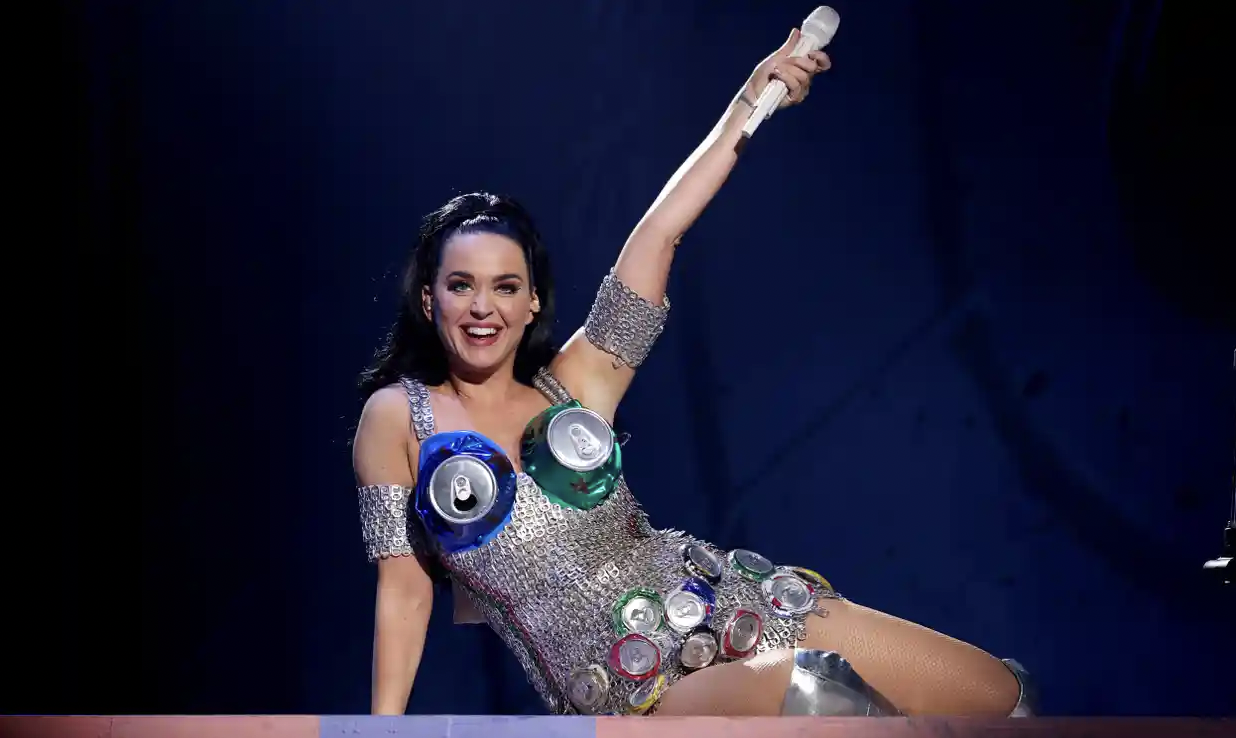Industry figures warn that songwriters face future drawn out legal battles because the way in which people consume music has changed
Songwriters such as Ed Sheeran face a future of drawn out legal battles because the way in which people consume music has changed so much in the past half a century, a leading legal expert has warned, as she urged courts to reconsider how they interpret copyright law.
The rise of streaming on platforms such as Spotify and YouTube, combined with larger teams of writers behind hit songs, have led to a surge in high-profile copyright infringement cases in the past few years. Most recently, Sheeran is locked in an ongoing legal battle over Shape of You, Spotify’s most streamed song ever.
Hayleigh Bosher, associate dean of intellectual property law at Brunel University, who researches the music industry, said “the law needs to move with the times” as “making music is so different to how it was 50 years ago”.
She added: If Sheeran loses, I imagine we will see even more cases. I don’t think copyright is doing its job properly if songwriters are afraid, that’s stifling creativity.”
Determining whether an artist has copied another songwriter is based on two tests. Firstly, whether they are likely to have heard the song before writing their piece, and secondly whether they have substantially lifted a section of it.
Bosher said a 2019 ruling in the US against Katy Perry, which was overturned this month on the grounds the melody in question was not “unique or rare”, had been a landmark case. It raised questions about how courts establish whether writers have heard a track. The judge had determined that Perry was likely to have heard the complainants’ track Joyful Noise, given it had an average 633,333 listens across six YouTube videos.
“That number was relatively low when you think about how much content is available online. Saying something is on Spotify or YouTube means nothing, there’s hours and hours of music, it doesn’t mean anyone would have heard it,” Bosher said.
In Sheeran’s case, his lawyers told the UK high court that the singer and his cowriters do not recall having heard the song Oh Why by Sami Switch – real name Sami Chokri – who alleges he must have encountered it since both songs appeared on YouTube channel SBTV at a similar time.
Bosher noted that it was unusual in Sheeran’s case that Chokri’s lawyers had raised Sheeran’s earlier settlements, for example with R&B girl group TLC over Shape of You’s similarity to their 1990s hit No Scrubs, as evidence that he copied other artists – since this could simply have been to avoid a protracted legal battle. She suggested this may indicate Sheeran wants to avoid opening the floodgates to future cases.
The second test is also problematic since so much music is produced now, and pop songs rely on familiar frameworks and simple, catchy melodies, making accidental copies more likely than in other branches of the arts, Bosher said. The musicologists she works with report high demand for their services, as songwriters are anxious to ensure their songs show evidence of “a personal stamp” to protect them.
Songwriting teams are also getting much bigger, making it difficult to track influences, said Tom Gray, a songwriter and member of Gomez who is chair of the Ivors Academy, which represents music writers. “It’s always been part of the fabric of songwriting, because when you hear a piece of melody, it gets stuck in your head and you’re like, ‘What have I nicked?’”
He added that this has been exacerbated by pressure on songwriters from record companies to write songs that imitate other hits, enabling them to be more easily picked up by Spotify’s algorithms.
Gray thought that recent cases, such as those involving Robin Thicke’s Blurred Lines, indicated a shift in how courts interpreted copyright, from focusing on identical melodies to harmonic similarities that suggested “they’d stolen the vibe of a track”.
Naomi Pohl, the general secretary of the Musician’s Union, said the recent surge in copyright cases against the world’s most successful pop musicians reflects how imbalanced the industry has become. Most smaller scale songwriters have suffered falls in revenue due to the shift towards streaming, just as top stars are selling back catalogues for millions of pounds, she said. “There’s a lot of money involved so there’s big incentives.”
Source: The Guardian






